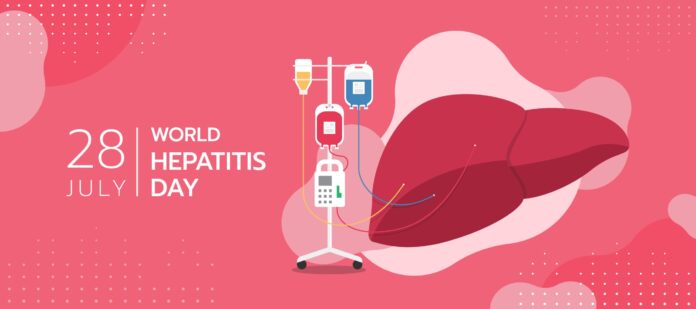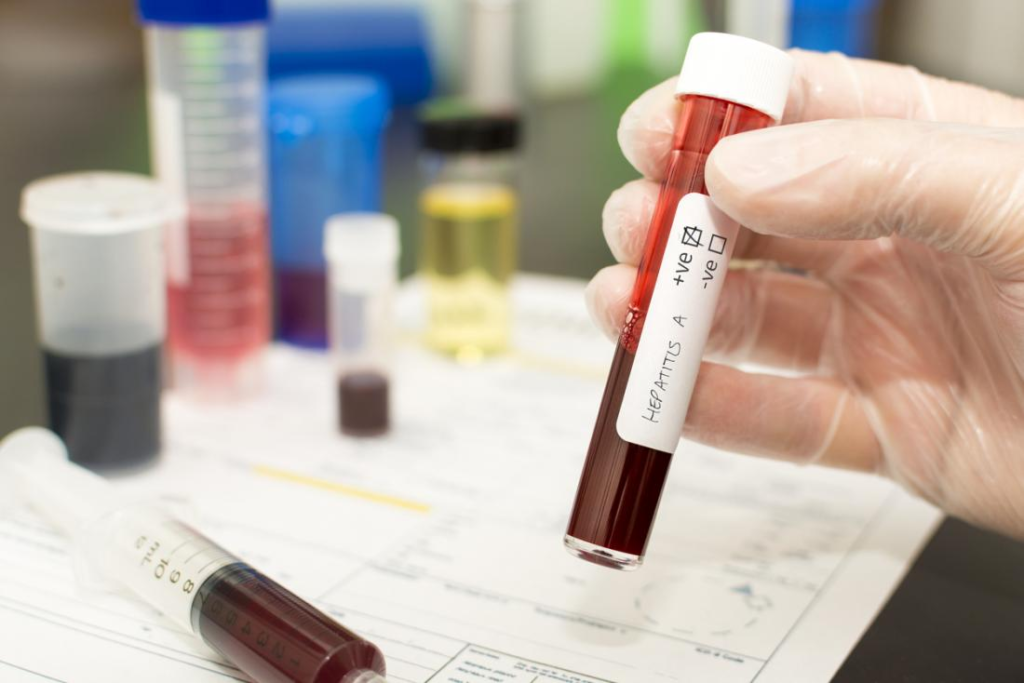
In a world marked by its diversity, there is one undeniable truth that binds us all together: we each have just ‘One life’ and ‘one liver.’ On this World Hepatitis Day, the World Health Organization (WHO) is urging leaders, policymakers, and healthcare providers in the South-East Asia Region and beyond to unite in a powerful mission – to accelerate hepatitis testing and treatment, and eliminate the grip of this silent killer on our societies.
Hepatitis, a grave public health threat, silently engulfs millions of lives worldwide. An estimated 354 million people bear the burden of chronic hepatitis B and C, while tragically, approximately 1.1 million lose their lives each year to hepatitis-related complications such as liver cirrhosis and cancer. The severity of the situation is exacerbated by the fact that countless individuals remain unaware of their hepatitis status, allowing the virus to propagate unchecked.
Thankfully, we possess the tools to combat this formidable foe. Safe and effective vaccines against hepatitis B are available, and antiviral drugs can effectively manage chronic hepatitis B and cure most cases of hepatitis C. However, the key to achieving these positive outcomes and eliminating hepatitis as a public health threat lies in widespread access to prompt and accurate testing.
The South-East Asia Region bears a significant portion of the global hepatitis mortality burden, with an estimated 81% of all hepatitis-related deaths attributed to hepatitis B and C. Approximately 60 million people live with chronic hepatitis B, and 10.5 million carry the burden of chronic hepatitis C. Shockingly, nearly half a million new hepatitis B and C infections occur in the region every year – equating to one new infection every minute.
Although some progress has been made in vaccination efforts, timely access to testing and treatment remains a major challenge. Only a fraction of those eligible for hepatitis B and C treatment know their status, and an even smaller percentage have access to treatment. This stark reality calls for urgent action on multiple fronts.

WHO emphasizes the importance of incorporating hepatitis testing and treatment into essential primary healthcare services, ensuring accessibility within communities and under the umbrella of universal health coverage. Empowering and engaging vulnerable and high-risk communities, alongside a ‘Nothing for us, without us’ approach, holds immense potential, inspired by successful initiatives for other diseases like HIV.
Additionally, there is a vital need to integrate services for hepatitis, HIV, and sexually transmitted infections (STIs), aiming to increase efficiency and reduce gaps and fragmentation. By realigning funding allocations to focus on maximum impact based on current disease burdens, countries can pave the way towards a healthier future.
As the WHO sets ambitious yet attainable targets for 2030, the urgency to act collectively cannot be overstated. By striving for a 90% reduction in new chronic hepatitis infections and a 65% reduction in hepatitis mortality, we have a fighting chance to eliminate hepatitis as a public health threat. The vision for healthier livers and healthier lives is within reach, but it demands solidarity and commitment from every corner of the globe.
Today, on World Hepatitis Day, we stand united against this formidable adversary. The WHO extends its unwavering support to all nations, particularly those in the South-East Asia Region, in accelerating progress toward a future free from the shadow of hepatitis. Together, we can unlock a brighter, healthier world for generations to come, where ‘One life’ and ‘one liver’ are preserved and celebrated for the precious gifts they truly are. Let us seize this moment and pave the way towards a healthier, hepatitis-free world.

